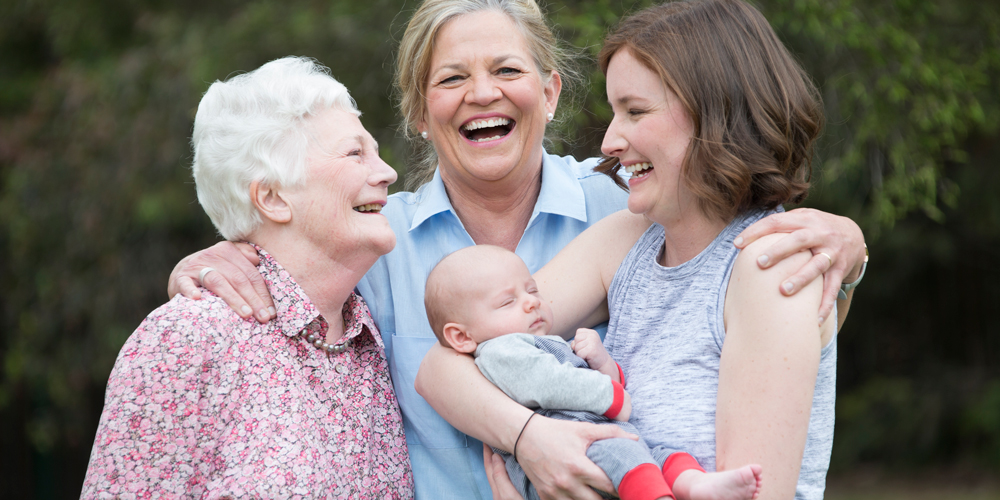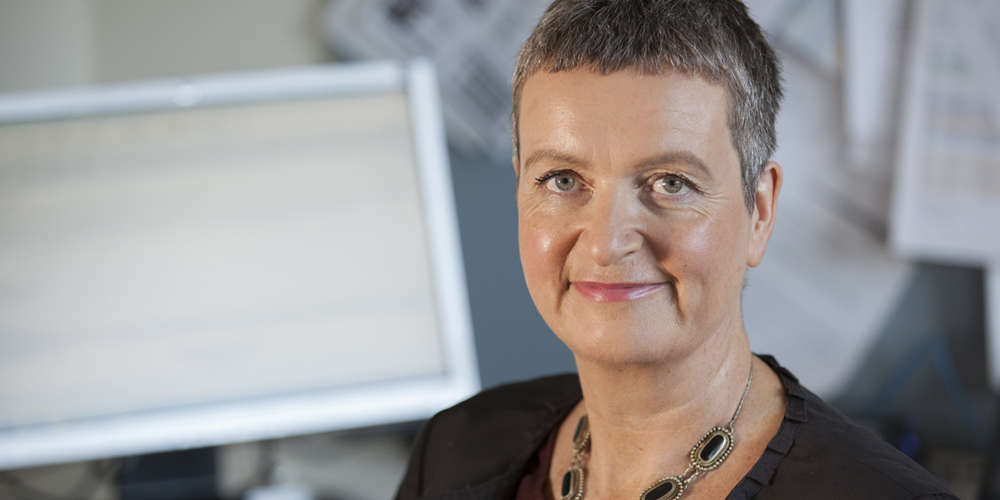
A new paper in the British Medical Journal has recommended Cognitive Behavioural Therapy (CBT) and hypnosis as effective non-hormonal treatments for menopause.
The paper, published today, looked at evidence of whether CBT, hypnosis, mindfulness, acupuncture, diet, exercise, lifestyle and medication were effective treatments for symptoms of menopause.
The research author, Professor Martha Hickey from the Royal Women’s Hospital and University of Melbourne, said CTP, in particular, is increasingly being used by clinicians as one of the frontline non-hormonal treatments for menopause.
As one of the world’s leading experts on menopause, Prof Hickey said many women were seeking non-hormonal approaches to menopause due to concerns about possible long-term side-effects of hormone therapy or because they had a history of cancer.
“Hormone therapy is very effective for menopause symptoms but there are many newer options, including psychological treatments such as CBT which can also be effective,” Prof Hickey said.
“I would encourage clinicians to consider offering CBT and other non-pharmacological treatments to women, as the evidence shows some of these treatments are effective in significantly reducing symptoms.
Research shows that CBT substantially reduces the impact of symptoms and also improves sleep and mood.

Up to 40 per cent of menopausal women experience hot flushes at menopause that affect the quality of their life. Other symptoms can include disrupted sleep, low mood, vaginal dryness and reduced libido.
“There is a lot of information on the internet about treatments for menopause, but many of these are not supported by high quality research. We are keen to provide evidence-based information to women to help guide treatment choices,” Prof Hickey said.
CBT (reduces symptom frequency and severity on average by 50 per cent)
- Hypnosis
- Some antidepressants
- Gabapentin, a medication used for chronic pain
- Vaginal estrogen for vaginal dryness
- Silicone-based vaginal lubricants. Our research has shown that silicone-based lubricants are superior to water-based lubricants for reducing pain during intercourse
- Lifestyle changes such as exercise and relaxation can improve general health although they may not directly improve hot flushes.
Most over the counter medications that claim to reduce hot flushes have not been tested in clinical trials. Many women find it helpful to dress in layers and have access to cool water. Some find acupuncture helpful, but current research suggests that this is mainly a placebo effect.
Women experiencing menopausal symptoms are encouraged to speak to their GP or a specialist about potential ways of reducing or managing menopausal symptoms.
Background
The Women’s is the only service to offer multidisciplinary care, with input from gynaecologists, endocrinologists, sex therapists and general practitioners specialising in women’s health. Other services include clinical psychology, dietician and physiotherapy. Care is holistic to support women around all aspects of their physical and emotional health
More information on: Managing Menopause.